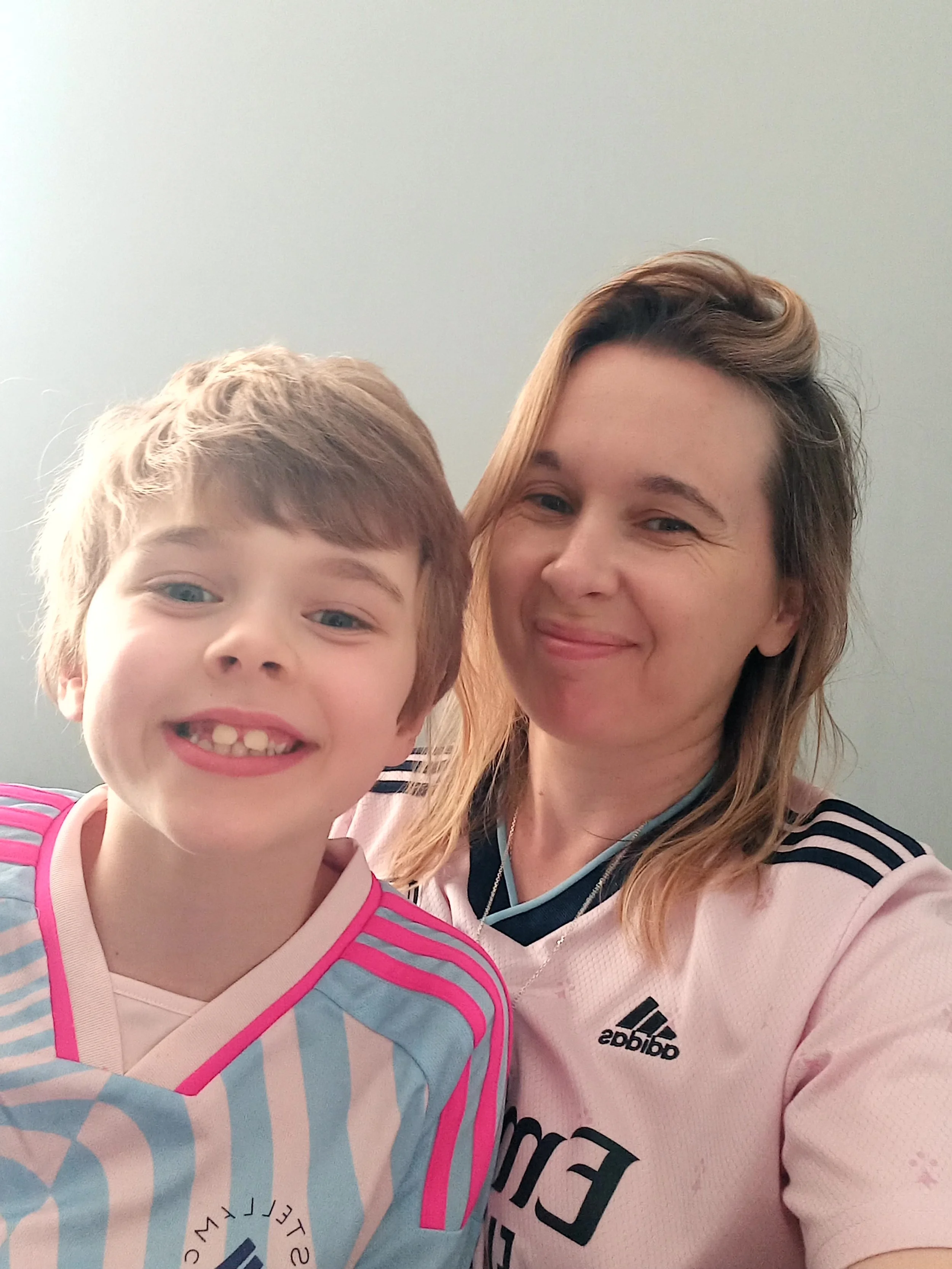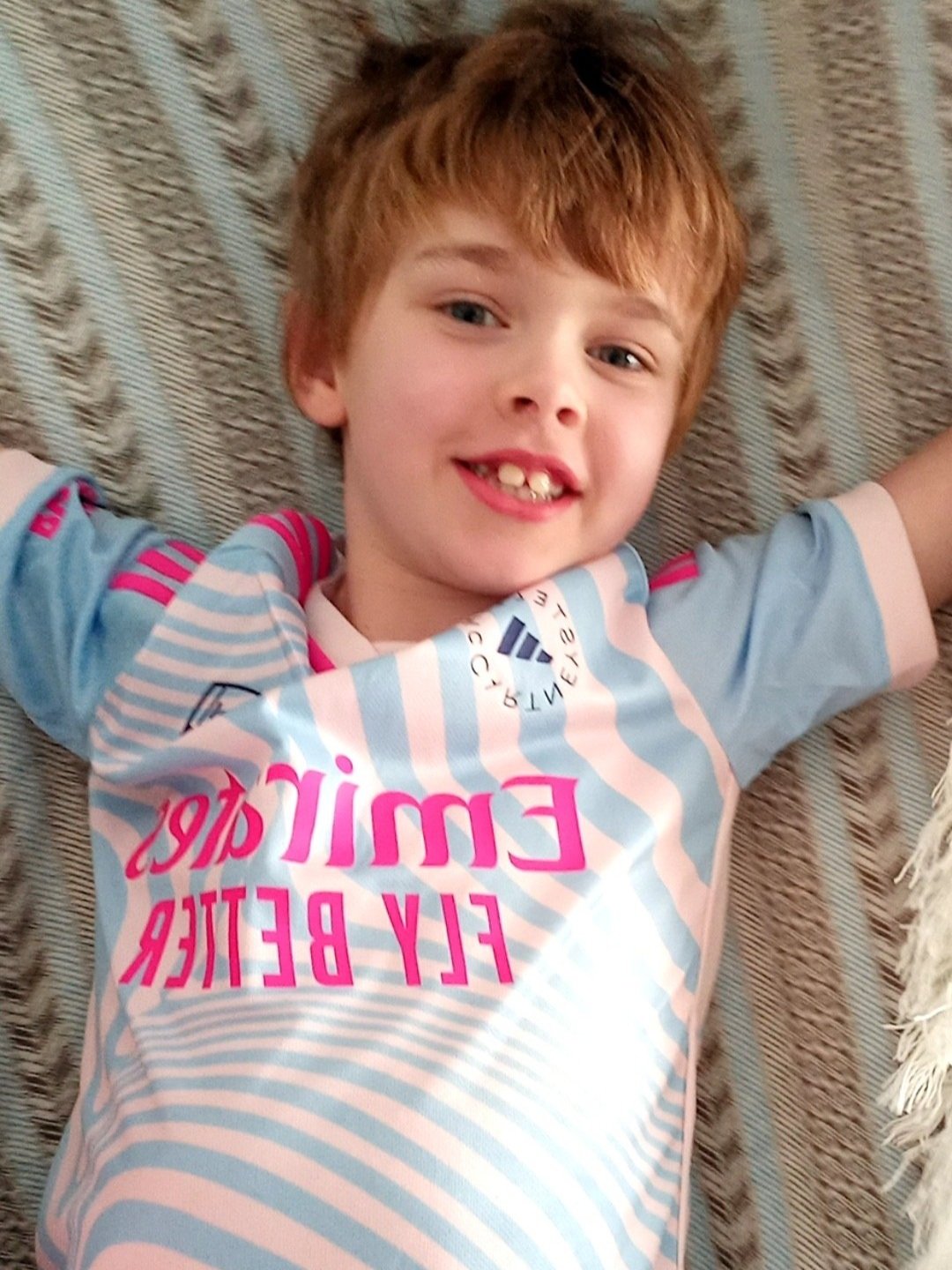Sherlock Holmes and Autistic Representation in Literature: An Interview with Dr Mary O’Connell
By Features Editor Chloe Barrett
Whenever I reminisce about my undergrad, a certain lecturer always pops up in the forefront of my mind, and that is Dr Mary O’Connell. Mary teaches and is a specialist in Victorian Literature, and I originally chose her module as a fan of Sherlock. I wanted to learn about the famous detective from an academic perspective, and as Mary is incredibly passionate about Arthur Conan Doyle’s famous character, there truly was no better place to start. While the lectures themselves were fascinating, a topic that Mary chose to often speak about was the autistic representation in the series, and through these brief discussions, I got to learn more about her son, and her unique insights into Sherlock as a character. These were some of, if not the best, lectures I attended over my three years and as someone who now has the power to interview people, I was desperate to hear more from Mary. I wanted to allow people who were not in those lectures the opportunity to hear the fascinating thoughts straight from Dr O’Connell herself.
When did you come to the conclusion that Sherlock can be read as an autistic character? Did you have to read it multiple times?
I’ve been a big fan of the Sherlock Holmes stories for a very long time, and I’ve taught the stories and some of the novels for many years. It was reading one particular part of A Study in Scarlet when I was preparing for a lecture a few years ago, the part where Watson makes a list of what Holmes knows, is interested in, and what he doesn’t know and doesn’t really care about. Watson is stunned that Holmes doesn’t know about the Solar System and Holmes explains that he doesn’t care. It just hit me that it was as good a description of hyperfocus and of a monotropic brain that I’ve ever read. Understanding monotropism was a game changer for my husband and I in understanding our son. The easiest way to understand it is to think of it like an attention tunnel. An autistic person might become focused intensely on a certain interest, get great joy from it, and find it difficult to switch their attention from things that don’t matter in the same way. Several times throughout the stories we are told that Holmes is really only fully happy when he has a case to focus on. There are other things about his character too, his pattern recognition, his lack of tolerance for certain social niceties. I think it's important to understand this latter point as it is a mistake to think of him as a cold character or one that is lacking in empathy.
What has the reception been like to your discussions on autism and Sherlock in lectures?
It has been extremely positive. I was hesitant at first as I am not an expert on autism, my experience is with my son, and with the increasing recognition that both I and my husband are almost certainly neurodivergent too. I had several autistic students contact me to say that they were so pleased to hear me speak about autism in a positive way, and one student told me they loved how I spoke about my little boy which was lovely to hear.
Have there been any other characters who you also think are portrayed as neurodivergent?
I’m not sure there are any I’ve come across who are as fully realised as Holmes is. Some characters have certain traits which might be seen as common to autism. Several people believe that Jane Austen’s Mr Darcy might be autistic because of his difficulty in social situations and the incredibly direct proposal to Elizabeth. But it’s one of the things people tend to do without thinking, saying ‘Oh well we’re all a little bit autistic aren’t we’. No, we really aren’t. You might be a little bit nauseous or have back pain, but you wouldn’t describe yourself as a little bit pregnant. A person is neurodivergent, or they aren’t and of course people who are neurodivergent are so in all different kinds of ways. If you’ve met one autistic person you’ve met one autistic person.
In your opinion, why is it important to have neurodivergent characters in media?
It is hugely important, but I would say it is also important that it is done in a correct way and with the involvement of neurodivergent creators and writers. Sometimes when a character is clearly coded as autistic it is done in a manner which I would say is quite insensitive. And the problem then, particularly if a show becomes mainstream, is that people watching often tend to accept that portrayal as accurate. I had a big problem in my son’s preschool with one of the workers there repeatedly calling him Sheldon Cooper. They clearly thought I would take this as a huge compliment as my son is extremely smart. The issue is when someone is looking at a 3-year-old who can read, or who knows all the flags in the world, or who knows the moons of Jupiter, they then find it very hard to understand that the same child might have huge difficulty sitting down at the ‘correct’ time, or getting his coat when he is told, or playing with other kids. I did watch and I liked The Big Bang Theory, but I wish they had just said yes, this character is autistic. And for all the quite stereotypical representation of his neurodivergence, at least it would be acknowledged that someone who needed a certain routine, or who got upset when the packaging on a favourite food was changed, or who is extremely direct in his manner, it was for a very good reason.
Do you have any book recommendations and/or tv shows with a neurodivergent main character?
It’s seldom that a character is outright described as neurodivergent but there’s a few I can think of. My students know that I love Star Trek and we have found that characters like Data and Seven of Nine have been helpful for my son in seeing characters who are different try to fit in with characters around them – he says, ‘Data has a positronic brain, Dylan has an autistic brain!’. I love the character of the detective Saga Noren in The Bridge.
You spoke about your son in your lectures, would you mind telling me about him?
I never need to be asked twice to talk about him! His name is Dylan and he’s just turned 7 and myself and my husband Liam are just besotted with him. He is an amazing child, intensely curious, absolutely full of joy. There’s a line from Oliver Goldsmith’s The Deserted Village that I always think of when I think of him: ‘And still they gazed, and still the wonder grew / That one small head could carry all he knew’. He’s interested in everything. Sharks, snakes, space, cars, flags, insects. He is a gestalt language processor and a gestalt learner, he taught himself to read. He thinks sleep is for the weak, so it could be 10.30 at night and he would be wide awake telling me about the Titanoboa. He is what’s known as a sensory seeker so lots of activity, he is a bundle of energy. As I type this, he is bouncing on the bed next to me telling me he is going to ‘learn me all about crocodiles’. He is in senior infants class in an absolutely brilliant school with a brilliant principal. I’m not kidding when I say the school is better than a lotto win. They learn from autistic people, they utterly reject ABA [applied behaviour analysis] which unfortunately is a very common thing used on autistic children, and they completely celebrate his neurodivergence. He is in a class with 5 other autistic kids and a fantastic teacher who he loves, who is another lotto win in our lives. She is fun, and she doesn’t try to change a single thing about him. The year he started, last year, I pushed almost all my teaching to the second semester because I had planned for a major settling in period. He loved it from day one. I am still stunned by that.
Since this is a recurring topic that you often raise on your social media, do you have any suggestions on how, as a society, we can make things easier for neurodivergent people?
I think the key to this is to realise that there is a big, big difference between the word awareness and the word acceptance. Most people are aware of autism. That doesn’t mean they accept it. Language is something that needs looking at too. You will see parents refer to their children as ‘my ASD child’ or ‘on the spectrum’, or anything rather than just the word ‘autistic’ which is what the vast majority of the autistic community prefer. The entire diagnostic criteria for autism is drenched in negativity. It is all about deficits, delays, ‘disorders’ rather than differences. When we were told our son was autistic it was told to us as if it was the worst thing in the world. There was also a yearlong delay in him getting his diagnosis because, and I’m quoting medical professionals here, ‘he’s too happy’ / ‘he’s too social’ / ‘he makes great eye contact’ / ‘he loves to play’. It is very troubling that what people recognise as autism is often an autistic person who is traumatised.
There are people with autistic kids who have huge challenges, and I don’t want to in any way minimise that but a lot of the time the challenges come from outside, from a complete lack of support from the government. Services that are so over stretched they might as well be non-existent. I think the worst thing is the way parents are forced to throw their child under the bus to get any sort of support at all for them. The forms that need to be filled in, the constant fighting for any help or any service. People who are able to fill in those forms and who are able to pay for private therapies are at a significant advantage and I don’t think that’s fair. I think a greater understanding of autism goes hand in hand with just accepting that some people are different and want and need different things to what society feels they should want and need. My son doesn’t handle birthday parties very well. That’s totally fine. When we go to a restaurant, he will only eat vanilla ice cream and if there’s a sprinkle on it then it gets sent back. That’s fine too. A friend of mine said to me recently, you know, I love Dylan, he just has zero fucks to give. And honestly, it is the thing I adore the most about him. He doesn’t care what other people think and is absolutely his full, confident, happy authentic self all the time. When his teacher says she wishes she could bottle up whatever it is he has that makes people love him, I think it’s that.



